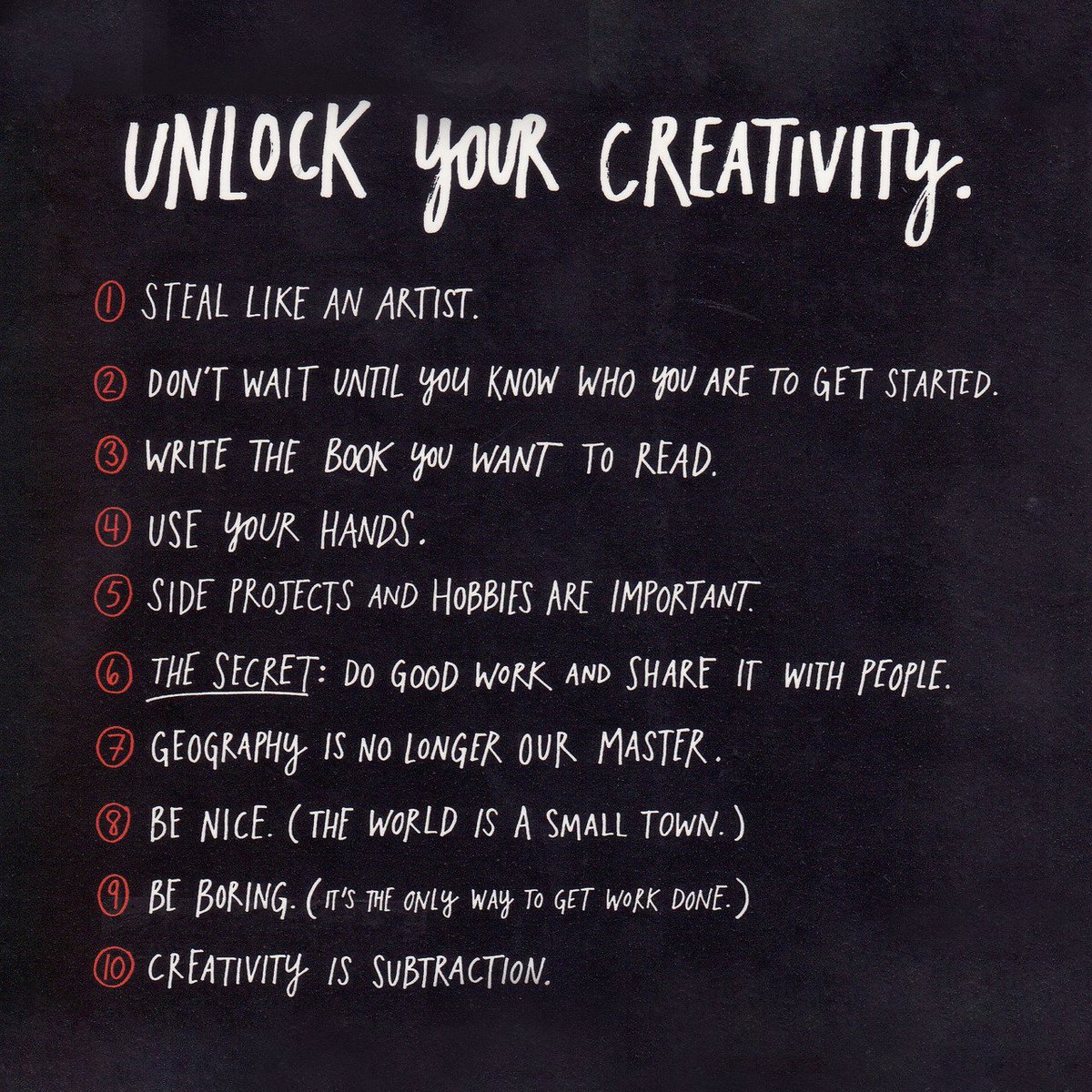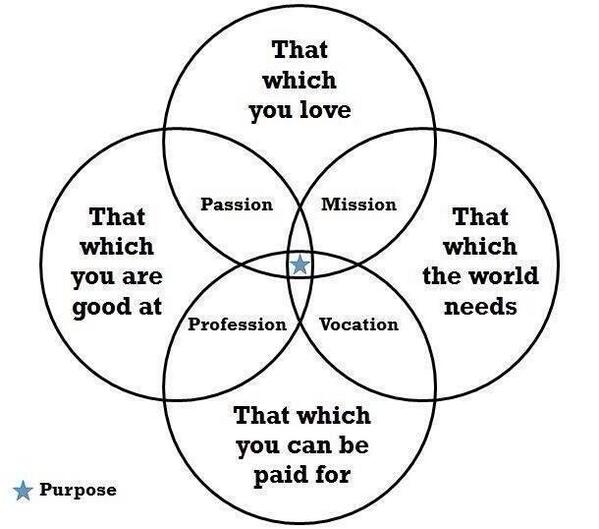
"Successful investors are both aggressive and defensive." – Ray Dalio





 ISDA is rapidly deteriorating to rating agency status when it comes to credibility. After it made it all too clear in the past few weeks that no matter what happens it would never “determine” Greece (or any other European insolvent country) to have breached a CDS trigger (as that would apparently destroy the world), the same trade association (logically enough comprised of the same firms that make up the heart of the status quo) has joined the rating agencies, and as of last night the CME, in making it all too clear that a debt ceiling plan (preferably Reid’s because it achieves absolutely nothing) has to pass, or else, after it earlier announced that the US has precisely 3 days to cure any missed debt payment before US CDS are triggered. Obviously this can not be allowed to happen, so expect this latest development to be used by the president in his nighlty scaremongering session.
ISDA is rapidly deteriorating to rating agency status when it comes to credibility. After it made it all too clear in the past few weeks that no matter what happens it would never “determine” Greece (or any other European insolvent country) to have breached a CDS trigger (as that would apparently destroy the world), the same trade association (logically enough comprised of the same firms that make up the heart of the status quo) has joined the rating agencies, and as of last night the CME, in making it all too clear that a debt ceiling plan (preferably Reid’s because it achieves absolutely nothing) has to pass, or else, after it earlier announced that the US has precisely 3 days to cure any missed debt payment before US CDS are triggered. Obviously this can not be allowed to happen, so expect this latest development to be used by the president in his nighlty scaremongering session.
From Reuters:
The United States would have at least 3 days to make up for any missed debt payments before it triggered payments on its credit default swaps, according to trade association the International Swaps and Derivatives Association. (more…)


Psychology
“To avoid whipsaw losses, stop trading.”
“It can be very expensive to try to convince the markets you are right.”
“A fish at one with the water sees nothing between himself and his prey. A trader at one with his feelings feels nothing between himself and executing his method.”
Risk Management
“The elements of good trading are cutting losses, cutting losses, and cutting losses.”
“Here’s the essence of risk management: Risk no more than you can afford to lose, and also risk enough so that a win is meaningful. If there is no such amount, don’t play.”
“In your recipe for success, don’t forget commitment – and a deep belief in the inevitability of your success.”
Trading System
“The trend is your friend except at the end when it bends.” (more…)

 Jerome Kerviel. Rogue Trader. As this case unfolds, more and more information is being revealed. He was the quiet guy with a not-so-impressive education background. Many of his peers may have been picked from the prestigious Grandes Ecoles, the Harvards and M.I.T.’s of France, and wielded advanced degrees in math or engineering. Kerviel came to work with a business school background and started work in the bank in the back office. Can we learn a valuable lesson from this case? As personal “professional” traders (as opposed to institutional trading), are we guilty of being rogue traders every once in a while? No compliance department to answer to. No regulator breathing down your back.
Jerome Kerviel. Rogue Trader. As this case unfolds, more and more information is being revealed. He was the quiet guy with a not-so-impressive education background. Many of his peers may have been picked from the prestigious Grandes Ecoles, the Harvards and M.I.T.’s of France, and wielded advanced degrees in math or engineering. Kerviel came to work with a business school background and started work in the bank in the back office. Can we learn a valuable lesson from this case? As personal “professional” traders (as opposed to institutional trading), are we guilty of being rogue traders every once in a while? No compliance department to answer to. No regulator breathing down your back.
Kerviel’s job was arbitrage: the art of exploiting tiny and momentary discrepancies in prices of very similar stockmarket instruments. To make money, the bank has to wager big volumes but the risk is usually small because each transaction is balanced with an equal and opposite one. The bank says he created fictitious accounts to make it look as though his bets that shares would rise had been covered. The bank was open to the risk prices would fall – they did. Kerviel was able to get away with it partly because SocGen’s risk systems do not check up on unregulated over-the-counter contracts straight away if no deposit is required, the bank said. Furthermore, the bank primarily looks at the net exposure to market prices rather than the total outstanding amount wagered. Bank risk experts say this approach is not peculiar to SocGen. To keep the checks at bay and continue trading, the dealer falsified documents and misappropriated passwords, SocGen said.
Most would-be traders operating from home are either self-taught or taught from education package bought from a trading education company. We are very much like the rogue trader: we don’t have top class education, we have access to both the trading and the back office side of the business and we have the same psychological vulnerabilities. We are only human. It is easy to be seduced by money as much as Kerviel had been. It has been reported that he was attracted by the prospect of a 300,000 euro (US$503,778) performance bonus, but did not personally profit from any of the financial deals. He wanted that bonus. He may also wanted to keep up appearances with his peers.
Rogue trader psychology is one of delusion and illusions. The delusion of self in believing that taking on ridiculous levels of risk to “fix” a trade. Kerviel had taken a US$83 billion losing bet on European share prices. The illusions of a rogue trader include the belief that everything will go their way – the market will turn their way but when the time comes, the opportunity that they saw didn’t come into fruition – the mirage in the distance.
The problem was, rogue traders have access or knowledge about back office operations. It was the case with Nick Leeson in 1995 and also the case for Jerome Kerviel in 2008. Rogue trader’s can further their delusion by flexing the system to suit their reality. It was a total breakdown of the system.
Professional non-institutional traders don’t have the luxury of a compliance system. No compliance department to answer to. No regulator breathing down your back. No limits. They have 100% control over their own risk, their own compliance.
Professional non-institutional traders aka traders operating from home; have to institute their own control systems. They must operate with their own trading rules taking into consideration what level of risks they are able to make. They must also consider how they will mitigate their own risks by creating a money and risk management system including stop losses and a buffer. Be wary when you do start flexing your own rules regarding risk. You may turn yourself into a rogue trader.
